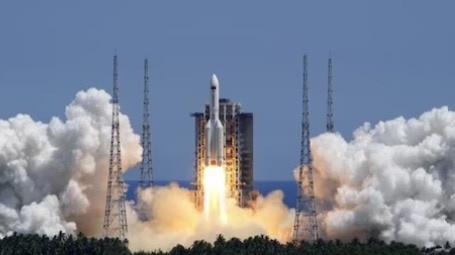
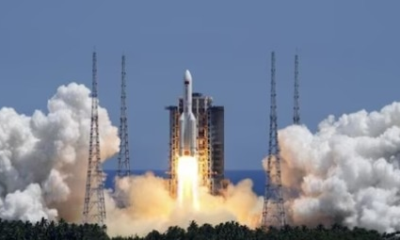

The NASA chief noted China’s military presence in space and said Beijing was using its civilian space program to hide military targets. “China has made extraordinary...
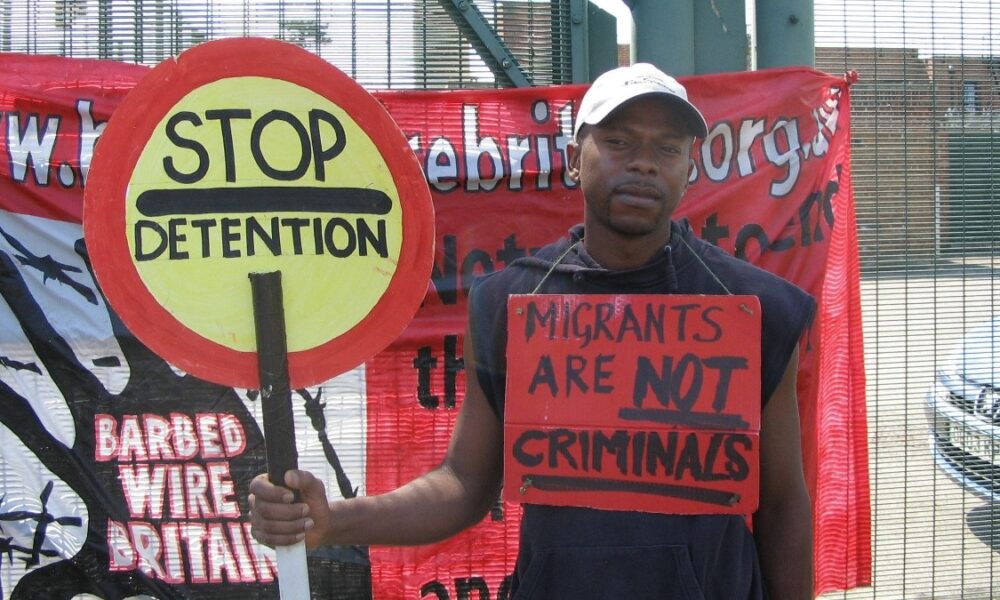


A failed asylum seeker who admitted raping a 15-year-old girl in the UK has had his deportation blocked after a do-gooder crew refused to allow his...
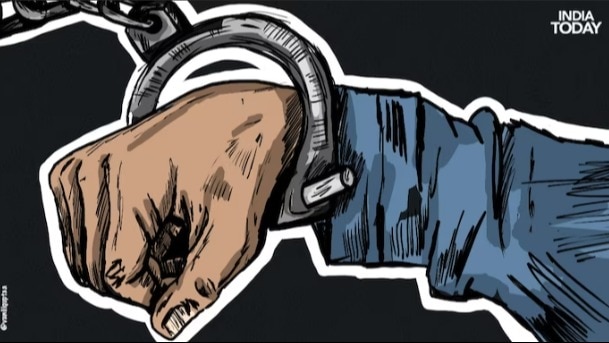
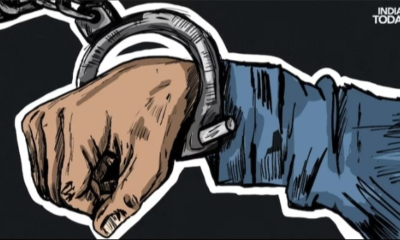

A 52-year-old Indian citizen and former employee of a defunct marble and granite wholesaler in New Jersey admitted that he participated in a bank fraud scheme...
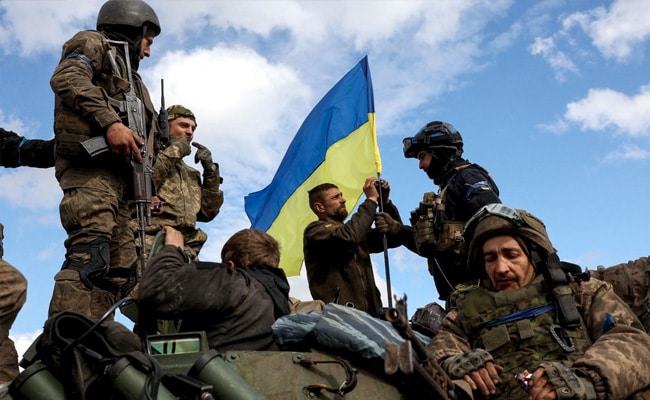

Kiev relies on Western funding to fend off Russia’s offensive. Moscow: Russia said on Thursday that new U.S. aid to Ukraine would not change the situation...
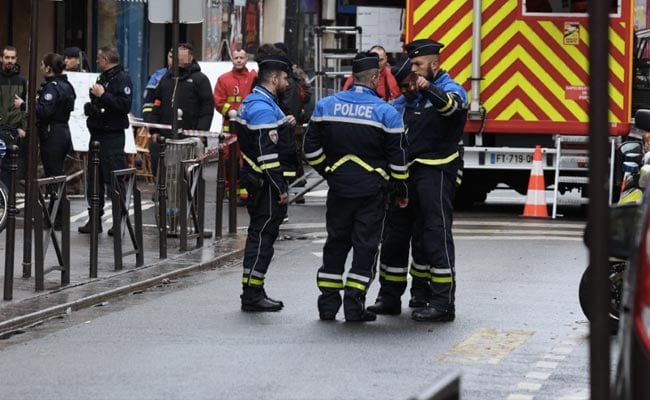

Police said both men suffered superficial injuries. (representative) Souferveersheim, France: An assailant was arrested Thursday after he attacked two girls, aged 6 and 11, with a...
Enhanced by AI Galaxy A55 5G, Galaxy A35 5G is perfect for today’s creators Comment Follow us on Google news ,Twitter , and Join Whatsapp Group...
5 reasons to switch to the new Galaxy A35 5G, Galaxy A55 5G now Comment Follow us on Google news ,Twitter , and Join Whatsapp Group...
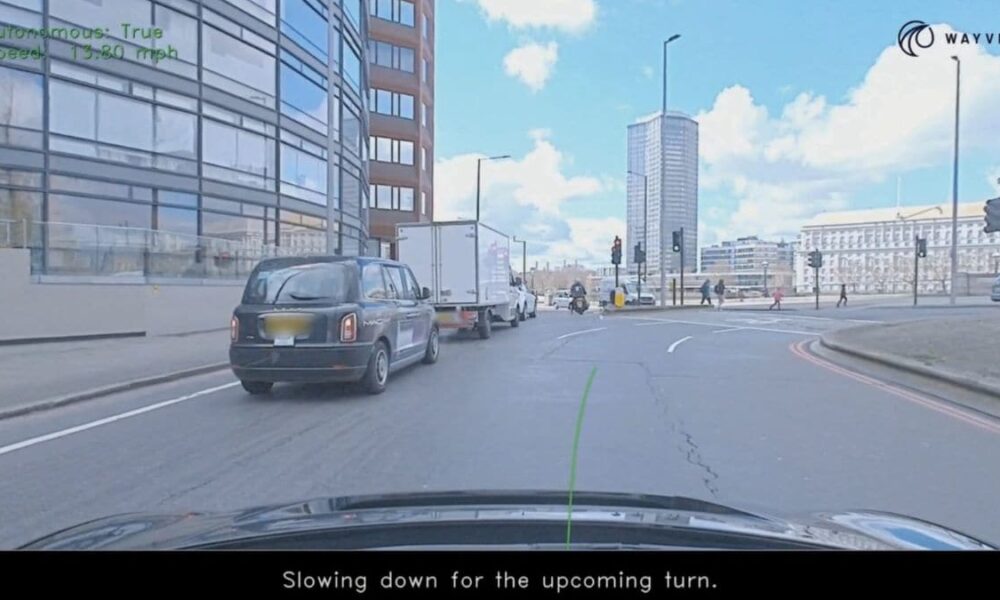


Wayve on Wednesday launched Lingo-2, an artificial intelligence (AI)-based visual language action driving model (VLAM). Lingo-2 is the successor of the Lingo-1 AI model and has...



Snapchat announced on Tuesday that it will soon start adding watermarks to artificial intelligence (AI)-generated images created using its tools. The platform allows its premium users...



Samsung has launched its 2024 range of AI-enhanced TVs, including Neo QLED 8K, Neo QLED 4K and OLED models. The announcement, made at the ‘Unbox &...